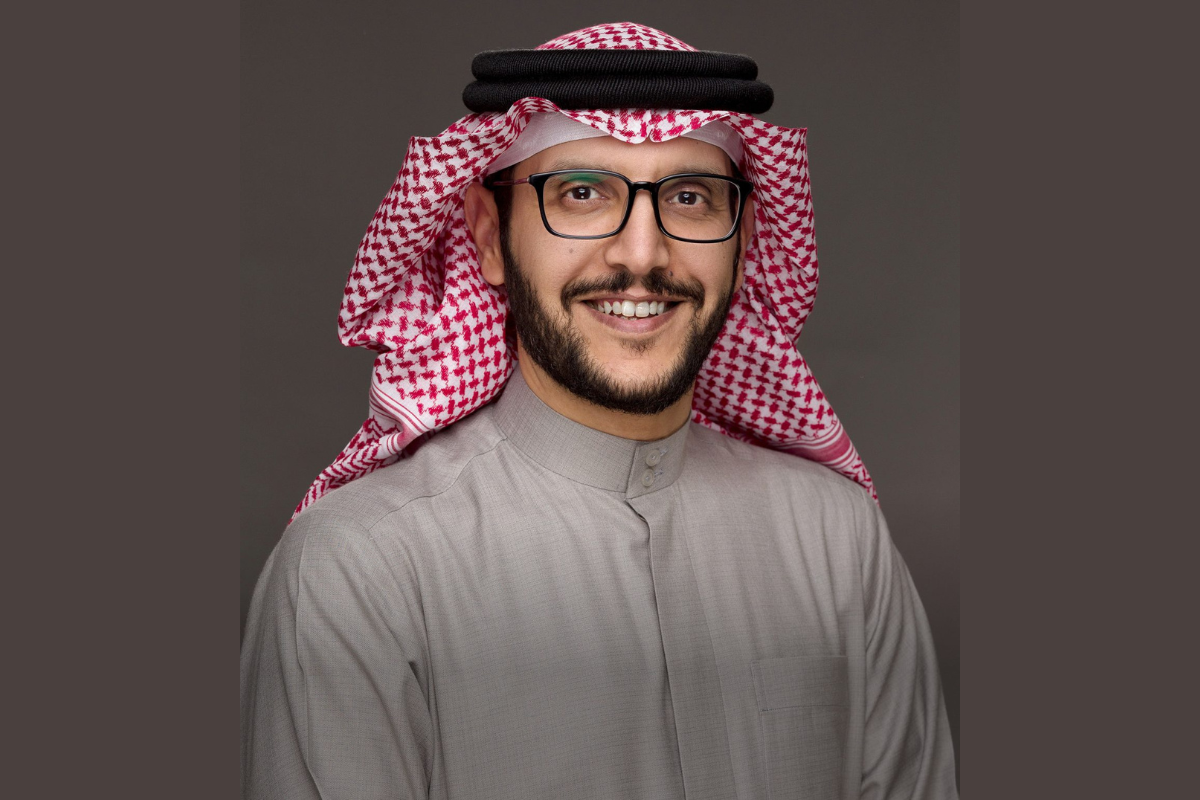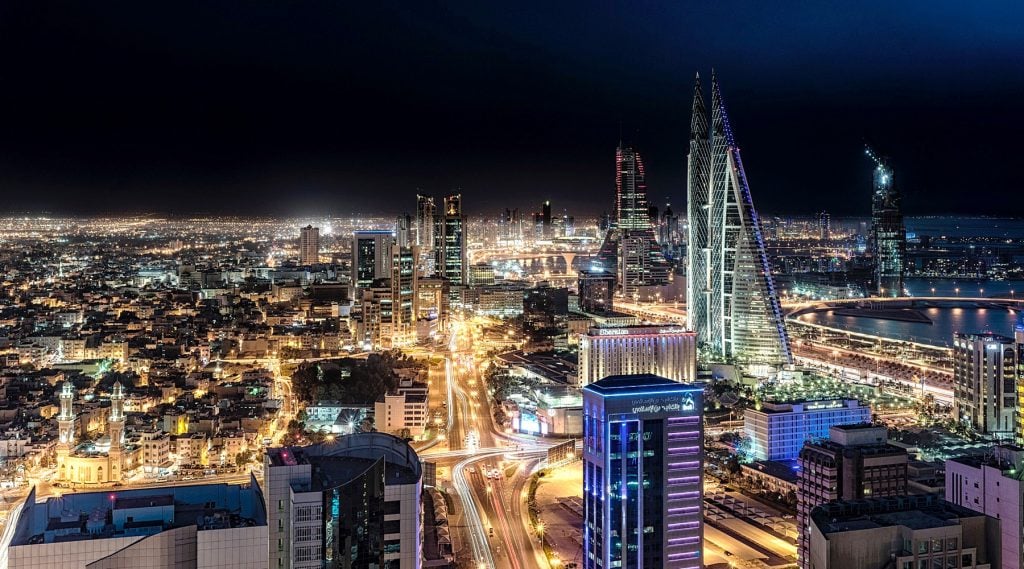A Prosperous Bahrain: Ahmed Aldoseri
Ahmed Aldoseri, CEO of BNET, is transforming Bahrain into a “prosperous community where everyone is connected”.
When Ahmed Aldoseri was appointed CEO of BNET in late 2021, it was a time of potential rupture for the Bahraini broadband network services provider. Just a few months earlier, the company had finalized its separation from Batelco, the island Kingdom’s largest telecommunications company, and required careful guidance as it caught its bearings as an independent entity.

Fortunately for BNET’s customers and shareholders, Aldoseri was well-prepared for the task.
Before taking up the CEO post, he had served as a board member at BNET since 2019 and held multiple previous roles in Bahrain’s telecommunications sector over the preceding decades. He had spent two years at Batelco in the 1990s, and he had also held roles at Bahrain’s Central Informatics Organization, the Telecommunications Regulatory Authority and the Bahrain Internet Exchange. He had also consulted the Kingdom’s government on cybersecurity.
"These roles really allowed me to hit the ground running in understanding how BNET works, and its obligations – the expectations of the government in separating it from Batelco. It’s been an exciting time ever since I started," he says.

Moreover, he brought the additional expertise of a trained lawyer, having completed a law degree after his studies in systems engineering. "My work as both a legal professional and as a technical person has empowered me to ensure the alignment of BNET with its legal obligations, while at the same time, ensuring that it provides to the industry what it needs in terms of solutions and products," Aldoseri says.
"I can argue in multiple languages."
Customer-centric
After ensuring that BNET could survive on its own, separate from its former parent company, without major disruptions to its staff or operations, Aldoseri set his sights on carving out a stronger position for the company in the market it serves.
"My work has focused on transforming BNET into a customer-centric organization that, instead of mandating products to the market, actually listens to what the market needs, and also uses predictive analysis to develop things for the next three-to-five years for the industry," he says. "Much of our effort has been spent on bringing our customers – the licensed telecommunications operators – closer."

My work has focused on transforming BNET into a customer-centric organization.
As an exclusive player in Bahrain’s infrastructure segment, as mandated by the government, BNET is required to deal with all local operators fairly and equally. In order to gain these operators’ trust, Aldoseri established several forums that would provide opportunities to meet their leaders and assess their needs.
He also sought to strengthen BNET’s relationships with its partners and contractors. "Whether it’s digging up new paths for fibers or delivering the services to end users, residences and businesses, we need to ensure that we work for them, and ask ourselves: ‘How can we empower them to deliver on our critical mission of connecting over 95 percent of residences in Bahrain and 100 percent of businesses by the end of 2026?’" Aldoseri says.
To that end, Aldoseri fostered a culture of transparency and accessibility, allowing the company’s customers to voice their needs at four-day workshops.
"We showed them our plans and asked them for feedback, which was inspiring," he says. "In certain areas, we realized that we may be going in a direction that the market does not wish us to go in and is not conducive to providing and enabling telecoms infrastructure."
All of the licensees feel a sense of ownership when our new reference offer comes out, along with our new prices and products … in that they had a hand in developing these products.
In these cases, Aldoseri and his team rethink their products and devise new ones that are informed by the operators themselves. "All of the licensees feel a sense of ownership when our new reference offer comes out, along with our new prices and products. They feel a sense of ownership, in that they had a hand in developing these products," he says.
Clear vision
Internally, Aldoseri uses his position as CEO to ensure that his colleagues share the same vision and aspirations, which he sums up as: "A prosperous community where everyone is connected".
"That connectivity – it could be through fiber directly to end users, or it could be the connectivity to even mobile technologies. We actually empower 4G and 5G, and in the near future, 6G coverage in Bahrain," he says.
His leadership appears to have its intended effect, as 86 percent of BNET’s staff report being clear on the company’s vision, while 89 percent say they are proud to work for the company, which Aldoseri says is "truly heartwarming".
BNET has the deciding vote on how fast the internet is.
In discussions with his colleagues, he has also been able to distill four core values for BNET: being fair, respectful, empowering and collaborative.
It is these deep, introspective discussions, which have shaped BNET’s brand identity and mission, that initially drew Aldoseri to taking the CEO post in the first place. "When the opportunity arose, I asked myself: ‘Is there any work that remains to be done, or is this a steady operation that requires just a nudge every now and then?’ It looked like there was a lot of work that could be developed for BNET – so many beneficial outcomes – not only to the industry, but to the country overall," he says.
"BNET has the deciding vote on how fast the internet is," Aldoseri adds. "I find this empowering and exciting to work in, since there’s plenty of room for development and innovation."
Top 10
All of the internal improvements Aldoseri has made at BNET have laid the foundation for several concrete business goals he aims to achieve within the next five years. The most important of these goals is to place Bahrain within the top 10 countries in the world in terms of internet connectivity per capita, as well as internet speed.
"There’s a direct correlation between the availability of internet and the impact on GDP and the wellbeing of society," he says. "We’d like to play a much greater role in that and would really like to enable Bahrain to compete internationally. This is one way we see BNET, in that we are a competitive tool for Bahrain to attract foreign direct investment."
However, he anticipates the challenges he will face in turning that ambition into a reality. The primary challenge will be ensuring that fiber and broadband subscriptions in the Kingdom continue to increase, allowing BNET to recoup the major investments it has made into covering a minimum area in the country, as is required by law.
"Ultimately, BNET is a privately held corporation that has shareholders that are looking after its interests. So, as we deploy more and more fiber, it’s important that there are initiatives locally that encourage the uptake of fiber," Aldoseri says.
We are a competitive tool for Bahrain to attract foreign direct investment.
One way the company has managed to ensure this growth, even during the pandemic, was by negotiating with Bahrain’s national regulator to reduce connectivity prices, allowing people to work and study at home without incurring exorbitant costs.
Aldoseri also anticipates competition from other regional players, though he is confident that he can stay at least one step ahead of them at any given time. "We have an enjoyable competition with our neighboring countries, but we’ll give them a run for the money," he says.